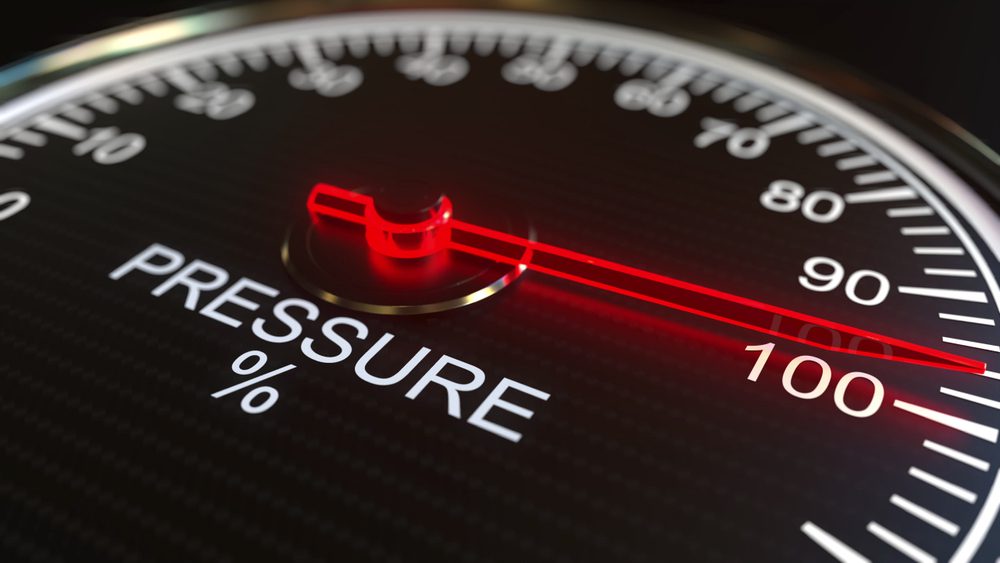
If you are getting a constant pressure gauge reading of absolute zero or very high, then this could be a sign of a bad oil pressure gauge. A bad sensor can’t let you know what is really going on in your engine. Many modern cars have oil-level sensors.
But, they only issue a warning when the oil level gets too low. Cars can also have dipsticks, which are useful not just for checking the level of oil but also its quality. The dipstick can show you if the oil is black or brown and give you a general idea about its life. You can’t see that with a sensor.
The pressure gauge acts as an early warning system for your engine’s health. It can tell you when there are any problems with your engine in advance. But, just like any other instrument, the pressure gauge can break. Here are all the signs that you have a faulty pressure gauge.
The pressure gauge reading is too high or too low
The oil pressure drops when the motor is low on oil, the pump fails, or you are getting bad oil pressure gauge readings. The reading should be from 25 – 65 PSI while the engine is running. The only time the oil pressure should be zero is when the engine is idle.
When the oil pressure gauge is stuck on high, like an 80+ PSI, then this could mean there is something wrong with the instrument.
Gauge says your oil pressure is normal, but you hear noises
Low engine oil is the #1 cause of low engine oil pressure. If it has been a while since the last time you changed the engine oil, then this can affect the performance of your vehicle.
When you hear ticking, grinding, or other noises coming from the engine, then there could be a problem with the engine oil. The warning light comes on, so it is time to act. Without oil, the moving components in the engine don’t get enough lubrication.
Because of the metal-to-metal contact, you will be hearing strange knocking or tapping sounds. These sounds will be coming from inside the hood. So, if the instrument reads that the oil pressure is good, but the engine sounds like it is not working properly, then you might have a bad sensor.
You haven’t calibrated the pressure gauge
To avoid bad oil pressure gauge readings, it’s best to calibrate the instrument once every 12 months. If you are using the pressure gauge in harsher conditions, then you might have to calibrate it more often. This ensures that the readings are accurate.
Mid-West Instrument
Midwest Instrument is an industry leader in manufacturing and designing differential pressure gauges, transmitters, and switches. With over 60 years of experience, you can rest assured that we have all the skills, time, equipment, technology and workforce to get you the best products in the industry. Feel free to contact us to learn how our products can help you today!

